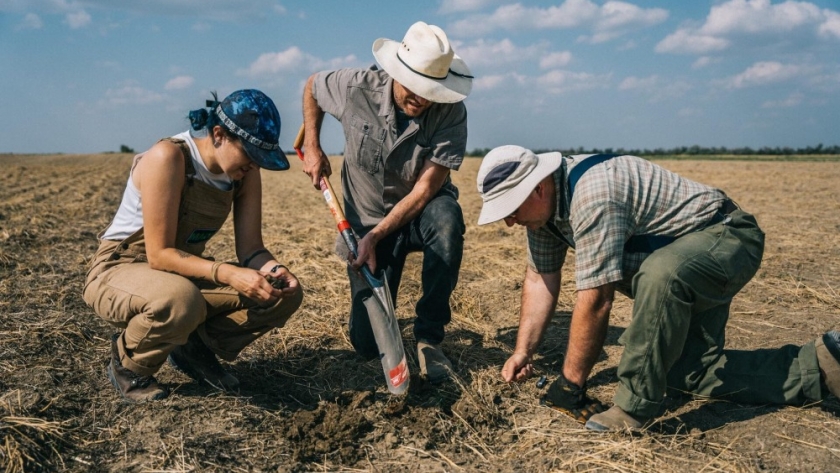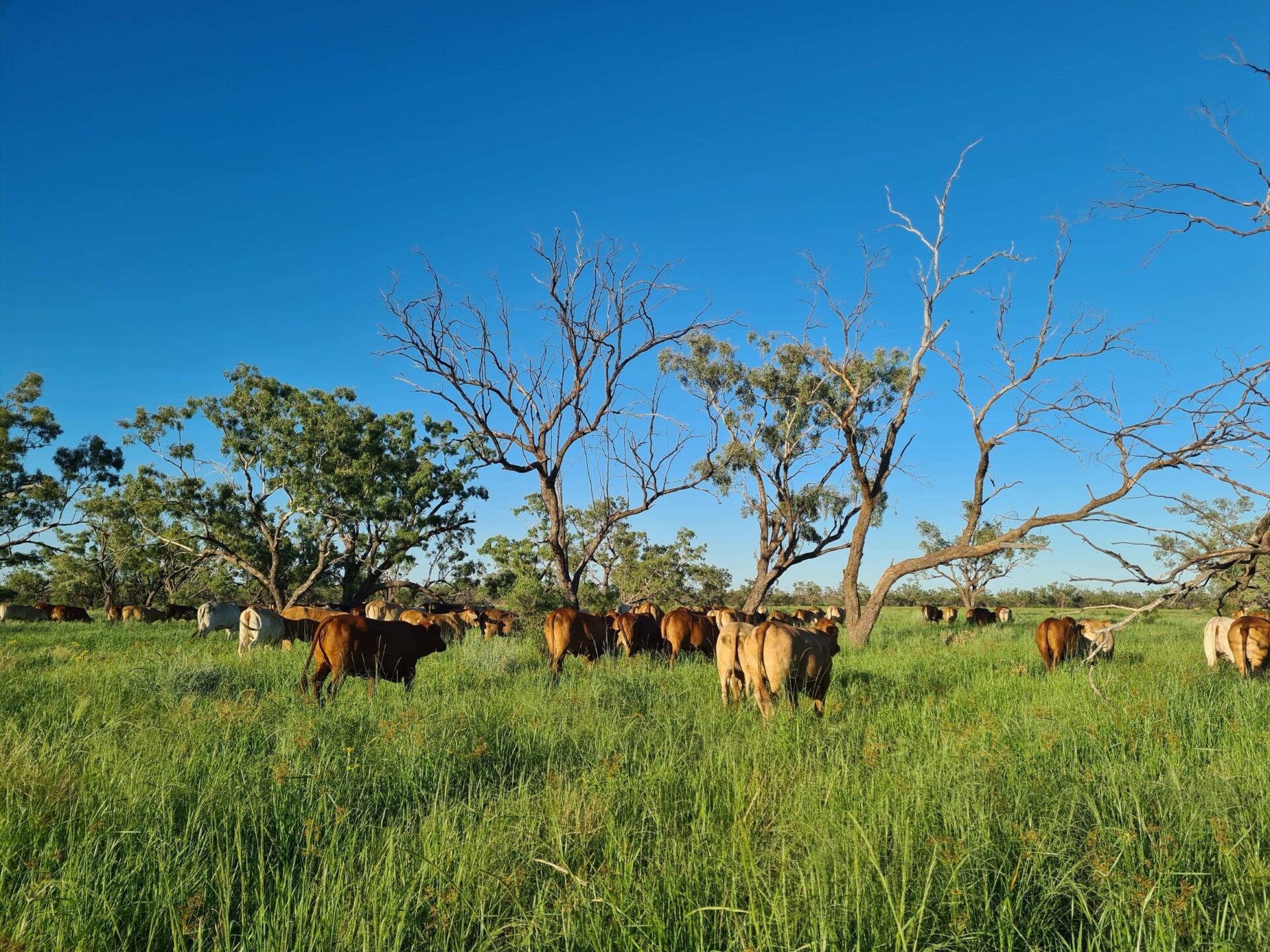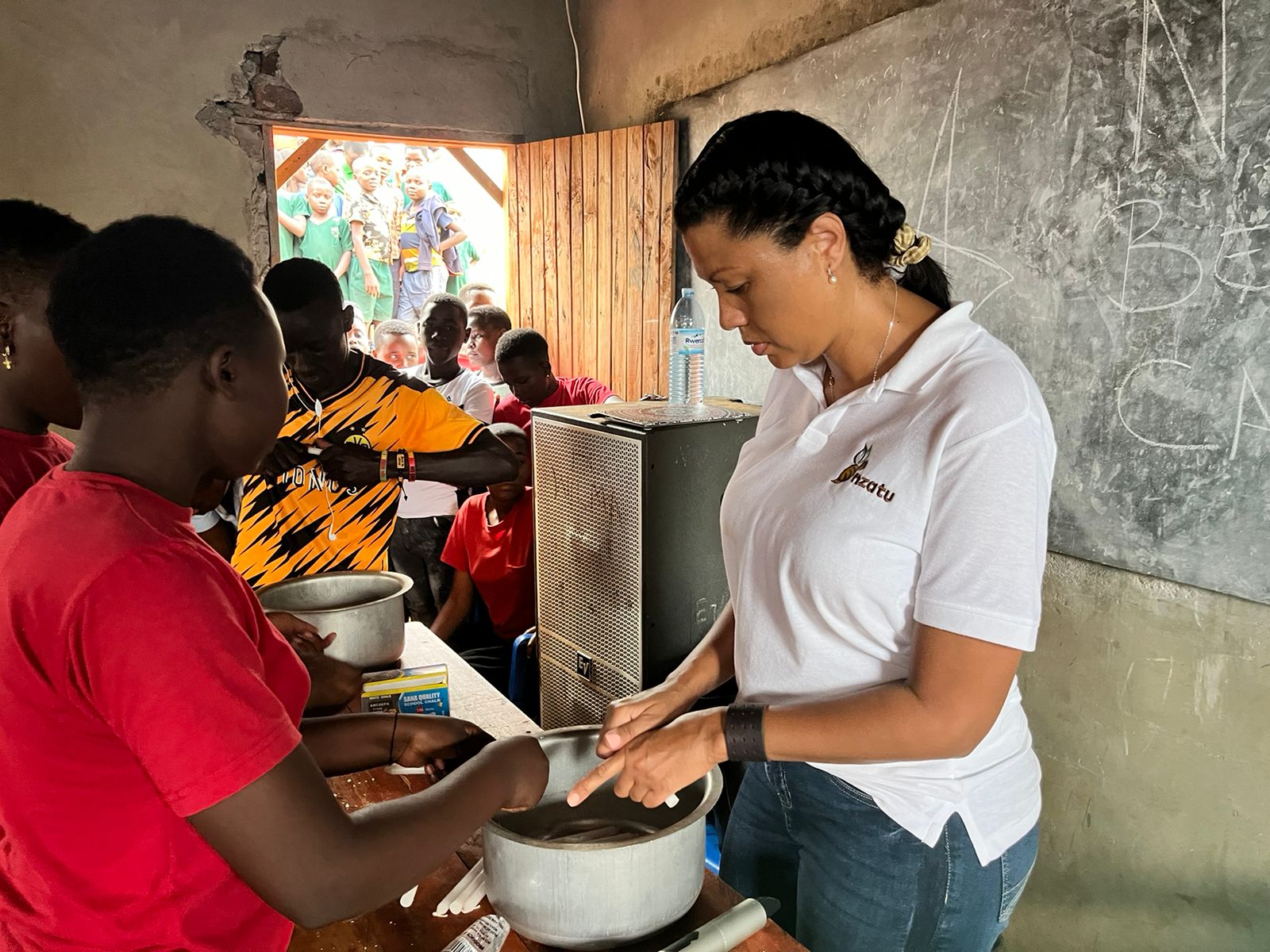
By Agroempresario.com
Regenerative agriculture witnessed significant progress in 2024, with breakthroughs in financing, corporate involvement, and smallholder farmer support. These developments indicate a shift towards more sustainable agricultural practices and increased global participation.
Financing the TransitionIn the US, Mad Capital launched its $50 million Perennial Fund II, backed by major foundations like Rockefeller and Schmidt Family Foundation. In Europe, HeavyFinance introduced a €50 million fund to aid small- and medium-sized farmers transitioning to regenerative agriculture.
Why it matters: Many farmers face capital shortages despite their willingness to shift to regenerative practices. Funds like these bridge that financial gap, ensuring broader participation.

Investor Growth and New FundsNatural asset manager Sustainable Land Management (SLM) reported a 40% increase in assets under management across its regenerative agriculture portfolios in 2024. Meanwhile, UK-based Astarte Capital Partners collaborated with Chile’s Toesca to create a $350 million permanent crops fund for Latin America.
Why it matters: Permanent crops like fruit and nut trees are gaining traction due to shifting consumer preferences, and successful models in Chile could elevate the region’s agricultural profile.
Corporate CommitmentsADM expanded its regenerative agriculture efforts, aiming to transition 4 million acres by 2025, while launching Gradable in collaboration with Farmers Business Network. Other corporations like General Mills, PepsiCo, and Nestlé also advanced their regen ag strategies.
Why it matters: ADM’s vast network of 60,000 farmers could significantly boost sustainable practices, though the lack of standardized definitions in regenerative agriculture raises concerns about greenwashing.

Smallholder Farmer SupportNzatu’s Njuki coffee launch highlighted smallholder farmer integration into regenerative agriculture, collaborating with European and North American distributors. GoodSAM also emphasized direct trade models, ensuring financial benefits reach growers.
Why it matters: Smallholder farms play a pivotal role in global food security, with 600 million small-scale farmers worldwide. Empowering them through regenerative practices is vital.

Consumer Awareness ChallengesStudies in 2024 revealed limited consumer awareness and reluctance to pay higher prices for sustainably grown food. Efforts to educate the public on the benefits of regenerative agriculture remain crucial for widespread adoption.
Conclusion: As 2025 approaches, continued financial innovation, corporate accountability, and consumer education will be key to scaling regenerative agriculture globally.

